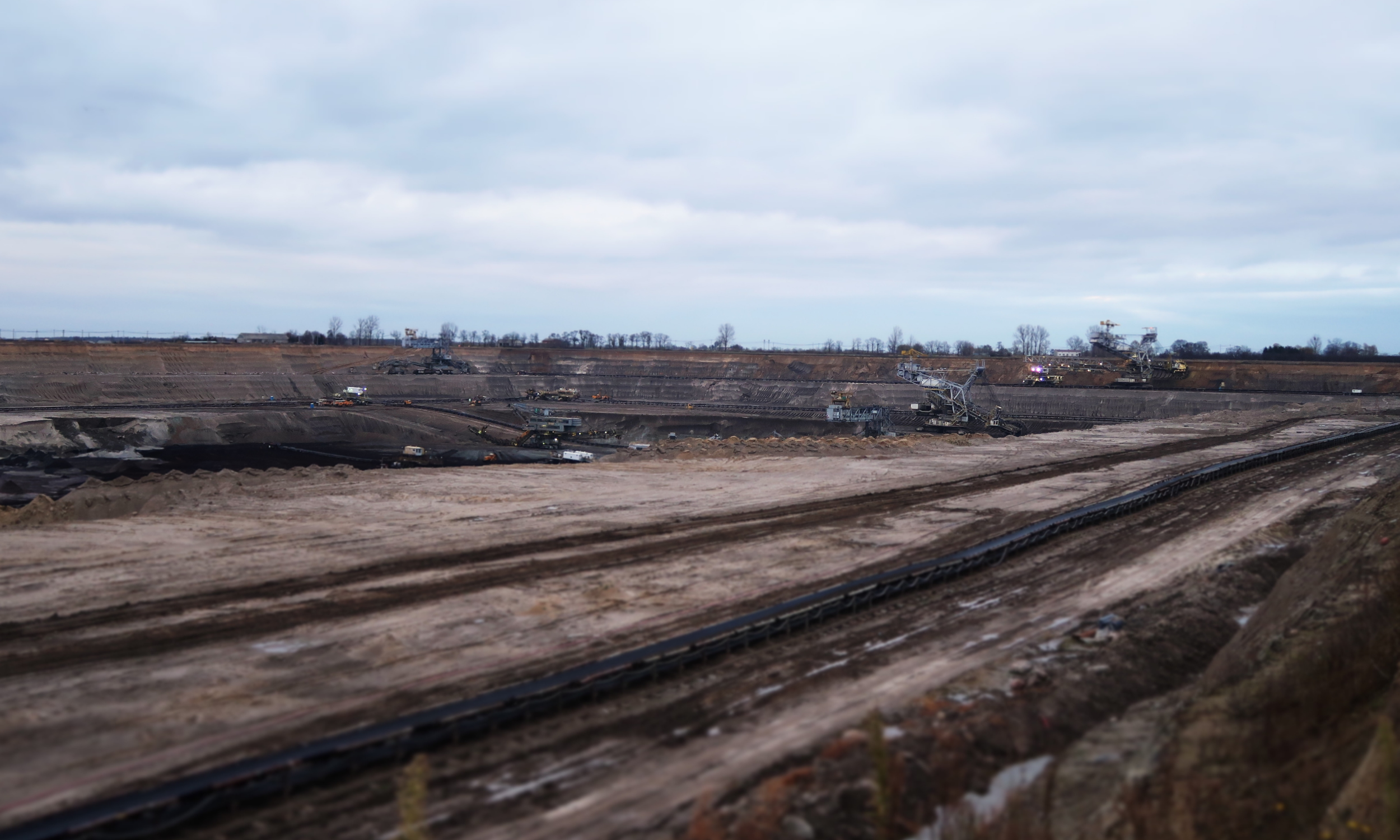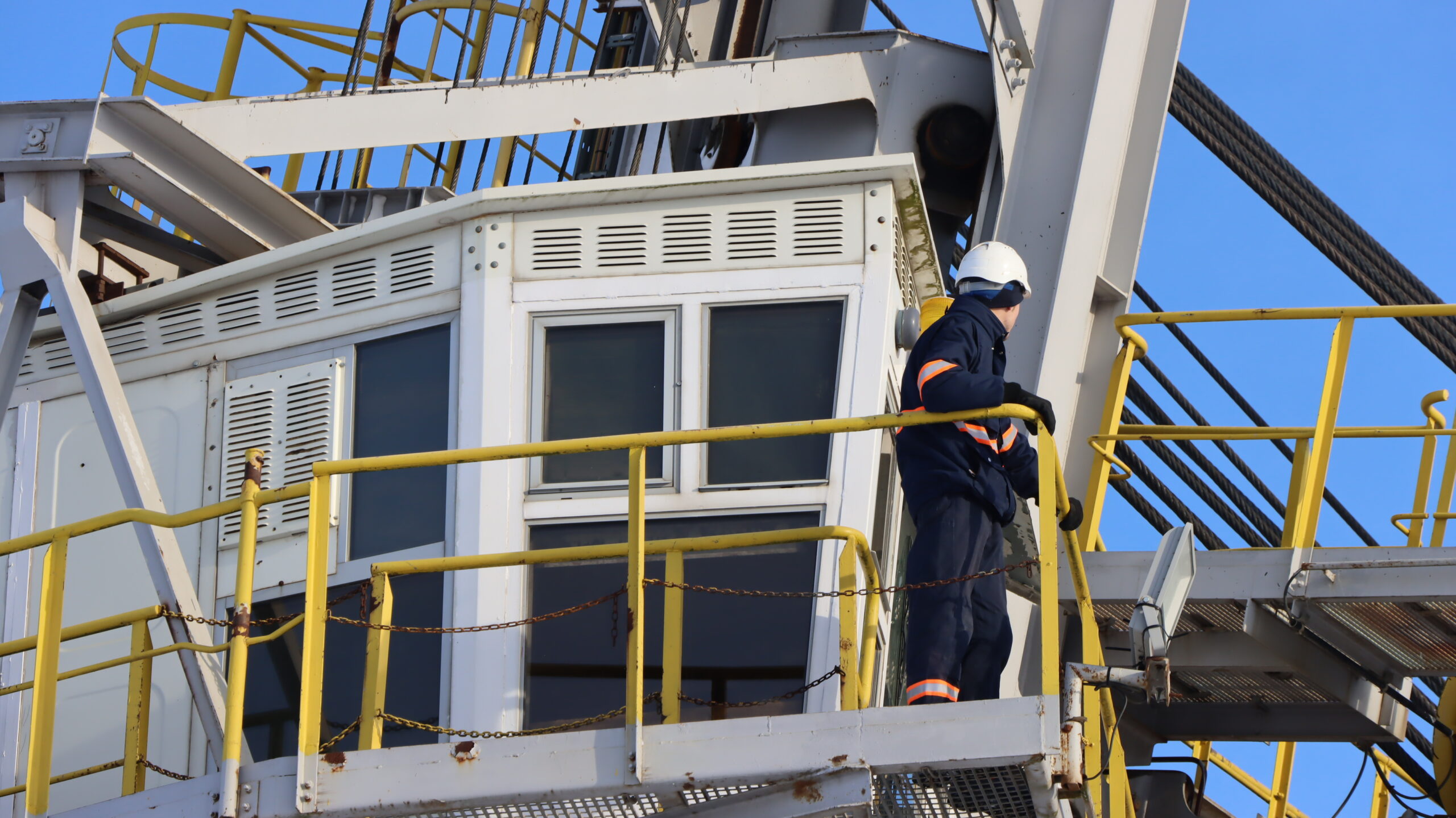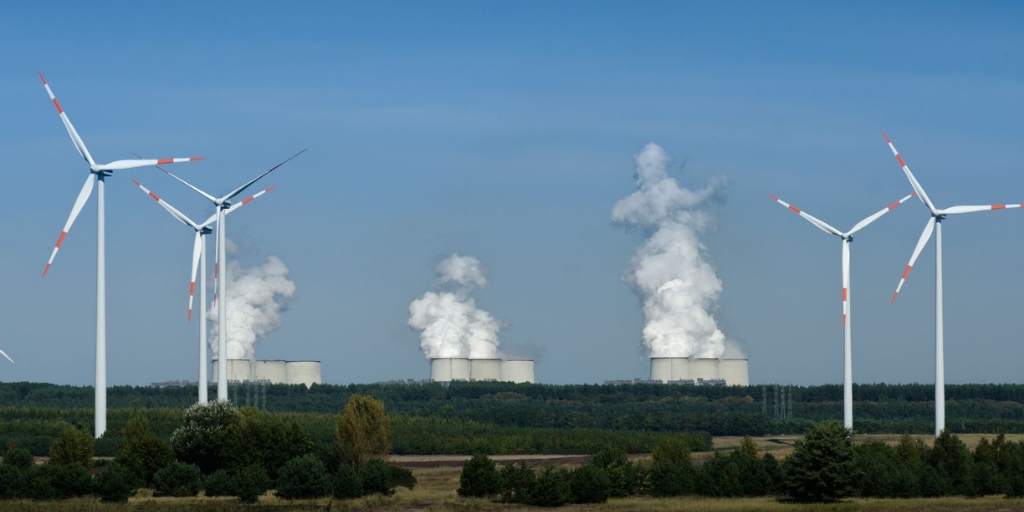Europe has ambitions to become a global leader in the fight against climate breakdown. Transforming the continent’s energy systems and shifting towards climate-friendly alternatives requires massive investments, especially in central and eastern Europe, where outdated infrastructure and a reliance on fossil fuels persists.
The good news is that the EU has the financial means to fund this transformation. The challenge is ensuring that the investments of today are geared towards addressing the climate crisis and Europe’s declining state of nature.
We know that when people have a voice in investment decisions, the results speak for themselves: more acceptance and ownership of spending and a greater chance that harmful and wasteful projects are avoided.
We work to ensure that EU financial flows address the climate crisis and do no harm to people and nature. We do this by involving the public in the design and spending of EU investments.
IN FOCUS
Just transition
Countries across central and eastern Europe are committing to quit coal and shale oil. Now the task is to ensure that the just transition is driven from the bottom up and leaves no one behind as we move towards a sustainable energy future.

Building back biodiversity
Threats facing biodiversity are increasing alongside the drivers of the climate crisis. But investments in climate protection should not come at the expense of those that can help biodiversity. The two crises of climate and biodiversity are interconnected and both must be tackled together, because only by investing in nature can we tackle climate change.

RegENERate: Mobilising Regions for Energetic Re-development and Transformative NECPs
The overall objective of the project is to support the CEE countries’ contribution to the EU efforts towards a net-zero emissions future. The project will contribute to more ambitious and effective climate and energy policies in CEE, backed by a long-term commitment to phase out fossil fuels, improve energy efficiency and promote renewable energy.

RePower the Regions: Ambitious and inclusive clean energy plans for repowering the just transition regions
The participation and leadership of carbon-intensive regions in transitioning to clean energy solutions are prerequisites for achieving EU climate neutrality by 2050. Building on this premise, RePower the Regions aims to ensure that the regions’ clean energy plans are aligned with EU 2030 climate goals and have strong support locally, and to provide practical guidelines and roadmaps on how to repower the regions.

Latest news
Just Transition plan for Slovak coal region Upper Nitra to be aproved today
Press release | 12 June, 2019The Upper Nitra regional parliament is today approving a plan for the region’s transition away from coal, which was created by the Slovak government based on inputs from the local community.
Read moreFinancing a just transition
Bankwatch in the media | 14 May, 2019With banks keen to give back to the community and finance a green future, an ideal opportunity has presented itself, writes Brian Caplen.Source: Financing a just transition
Read moreA “coal curtain” is the new Iron Curtain
Bankwatch in the media | 8 January, 2019The European Union’s goal to become climate neutral by 2050 needs joint effort to decarbonise its power sector. Yet, a “coal curtain” still seem to divide West and East, as most Eastern countries show hesitation or opposition when it comes to phasing out coal.
Read moreRelated publications
From theory to practice: A case-based analysis of the EU’s ‘do no significant harm’ principle
Report | 18 July, 2024 | Download PDFThis report, through a series of case studies, analyses how the ‘do no significant harm’ principle has been applied in various EU Member States.
Unlocking funds for nature: How the next EU budget must deliver for biodiversity
Joint statement | 9 July, 2024 | Download PDFThis joint statement offers three policy proposals to improve EU biodiversity financing.
Supporting the just transition through dedicated technical assistance
Briefing | 28 June, 2024 | Download PDFThe just transition implementation phase is underway. However, additional support is needed to drive implementation and help projects respond to their particular challenges. This briefing provides recommendations for supporting the just transition process with technical assistance, capacity building, project preparation and project funding.

